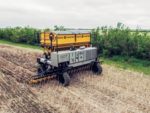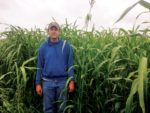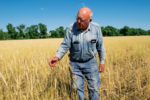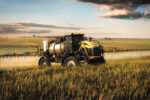Offering Efficiency and Flexibility, Autonomous Power Platform Ushers in the Future of Farming
Canadian manufacturer sees labor shortages and engineering challenges of building larger equipment as a possible tipping point to popular acceptance of driverless farm equipment.
Read More














